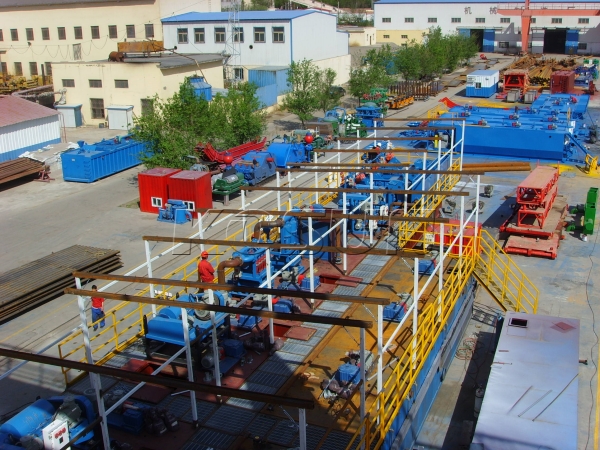Drilling waste management is a critical aspect of the oil and gas industry, as it addresses the environmental and regulatory challenges that companies face during drilling operations. The process of drilling for oil and gas generates a significant amount of waste, including drilling mud, cuttings, and other by-products that must be managed and disposed of properly to mitigate environmental impact and comply with regulations.
One of the primary problems that drilling waste management solves for companies is the management of hazardous materials. Drilling waste often contains harmful substances such as heavy metals, hydrocarbons, and other contaminants that can pose serious risks to the environment if not handled appropriately. By implementing effective waste disposal practices, companies can prevent these hazardous materials from polluting soil, water, and air, thus safeguarding the surrounding ecosystems and communities.
Furthermore, proper drilling waste management helps companies adhere to strict environmental regulations and avoid potential legal repercussions. Regulatory bodies impose stringent guidelines on the handling and disposal of drilling waste to protect the environment and public health. Failure to comply with these regulations can result in fines, legal disputes, and damage to the company’s reputation. By investing in efficient waste disposal methods, companies can demonstrate their commitment to environmental stewardship and ensure compliance with the law.
In addition, effective drilling waste disposal contributes to sustainable operations and corporate social responsibility. By minimizing the environmental impact of drilling activities, companies can enhance their reputation and build trust with stakeholders, including local communities, investors, and regulatory authorities. Sustainable waste management practices also align with the growing demand for environmentally responsible business operations, positioning companies as responsible industry leaders.
Overall, drilling waste disposal plays a crucial role in addressing environmental and regulatory challenges for companies in the oil and gas sector. By implementing proper waste management strategies, companies can mitigate environmental risks, comply with regulations, and demonstrate their commitment to sustainability and corporate responsibility. As the industry continues to evolve, investing in innovative and sustainable waste disposal solutions will be essential for companies to thrive in a competitive and environmentally conscious market.
KOSUN- China Solids Control Leader&Drilling Waste Management Expert
Email: sales2@adkosun.com
WhatsApp/Wechat:+86 13379250593
Contact person: Monica Li
Online consulting:
http://www.kosun.com
http://www.kosuneco.com

